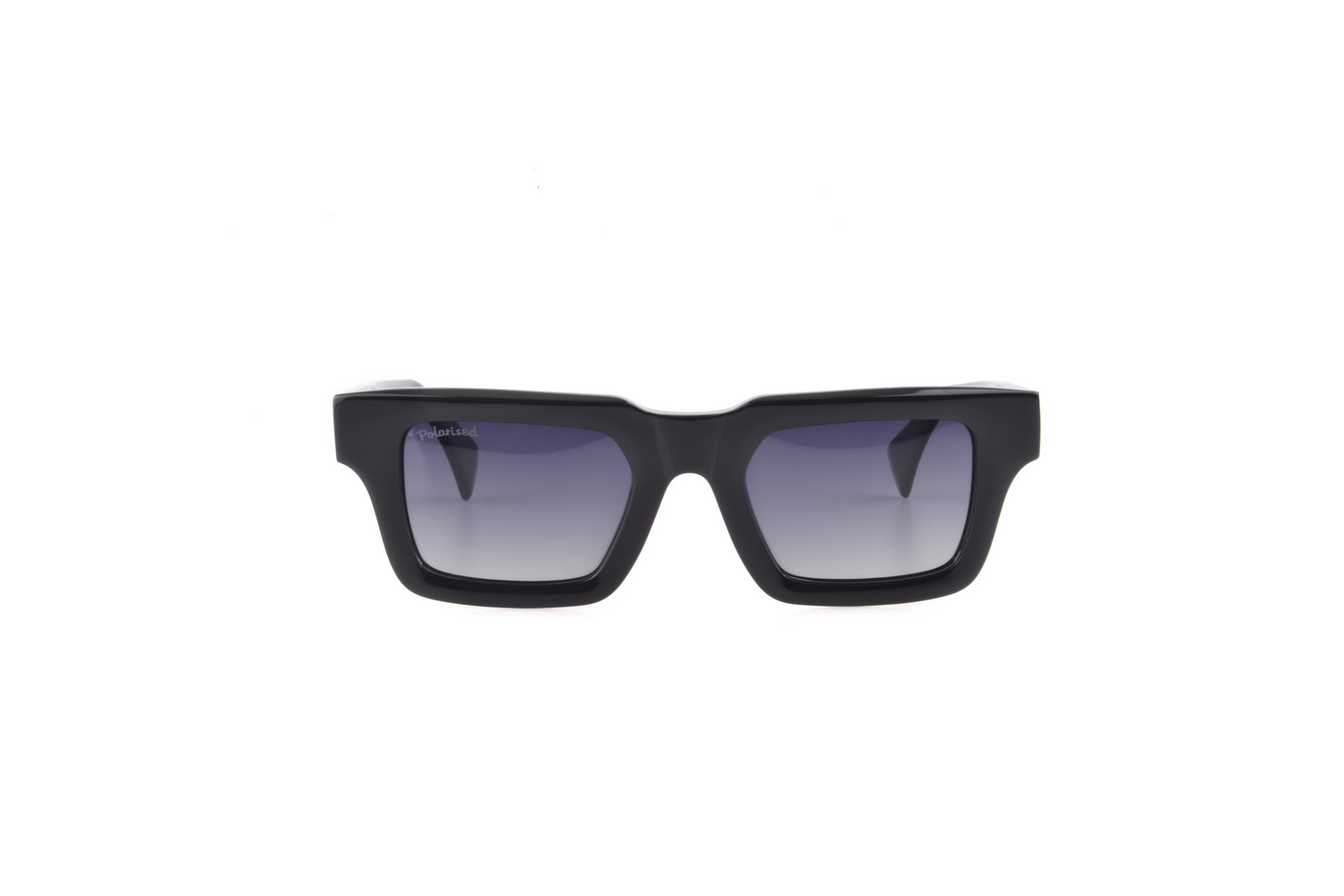Protect Your Vision in Style: Are Sunglasses Good for Your Eyes?
Sunglasses are widely regarded as an essential accessory for eye protection and health. Their benefits extend beyond aesthetics, offering practical advantages in shielding your eyes from harmful elements. Let's explore why sunglasses are good for your eyes, with references to scientific studies and expert recommendations.
1. UV Protection
The primary benefit of sunglasses is their ability to block harmful ultraviolet (UV) rays. Prolonged exposure to UV rays can lead to serious eye conditions such as cataracts, macular degeneration, and photokeratitis (sunburn of the eye). The American Optometric Association (AOA) emphasizes that sunglasses with 100% UV protection are vital for maintaining long-term eye health (AOA, 2023).
2. Reduction of Glare
Polarized sunglasses are particularly beneficial in reducing glare from reflective surfaces such as water, snow, and roads. This feature enhances visibility, reduces eye strain, and is especially helpful for outdoor activities like driving and sports. According to a study by Lin et al. (2017), polarized lenses significantly improve visual comfort and performance under bright light conditions.
3. Prevention of Eye Fatigue
Excessive exposure to bright light can cause squinting and eye strain, leading to discomfort and fatigue. Sunglasses mitigate these effects by reducing light intensity, providing comfort in sunny environments. This is especially important for individuals who spend extended periods outdoors.
4. Protection Against Debris and Environmental Hazards
Sunglasses act as a physical barrier against dust, wind, and debris that can irritate or damage the eyes. Specialized sunglasses designed for sports and outdoor activities often come with additional features, such as impact-resistant lenses, to provide enhanced safety.
5. Enhanced Vision in Bright Environments
Photochromic lenses, which adapt to changing light conditions, are particularly advantageous for maintaining clear vision in varying environments. Studies suggest that these lenses improve visual acuity by automatically adjusting their tint to optimize light transmission (Charman, 2020).
Expert Recommendations
The World Health Organization (WHO) and the American Academy of Ophthalmology (AAO) recommend wearing sunglasses whenever you are exposed to sunlight, regardless of the season. It is especially crucial in environments with high UV exposure, such as near water, sand, or snow.
Conclusion
Sunglasses are not just a fashion statement; they are an essential tool for protecting your eyes from UV radiation, glare, and environmental hazards. To maximize their benefits, choose sunglasses with 100% UV protection, polarized lenses for outdoor activities, and high-quality materials for durability and comfort.
References
- American Optometric Association (2023). UV Protection and Your Eyes. Retrieved from https://www.aoa.org
- Lin, Y., Chen, W., & Liu, Y. (2017). "Effects of polarized sunglasses on visual performance under sunlight." Journal of Optometry and Vision Science, 94(2), 158-162.
- Charman, W. N. (2020). "Photochromic lenses and visual performance: A review." Optics and Vision Research, 56(3), 221-230.
- World Health Organization (2023). UV Radiation and Eye Health. Retrieved from https://www.who.int
- American Academy of Ophthalmology (2023). Protecting Your Eyes from Sun Damage. Retrieved from https://www.aao.org




